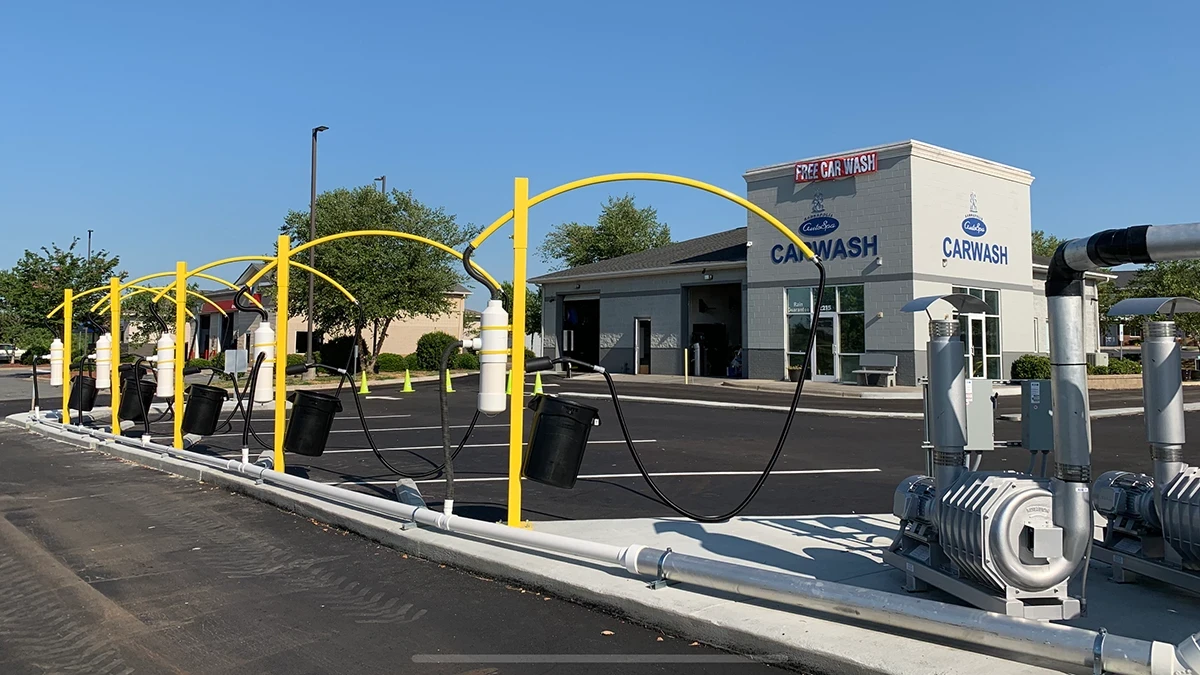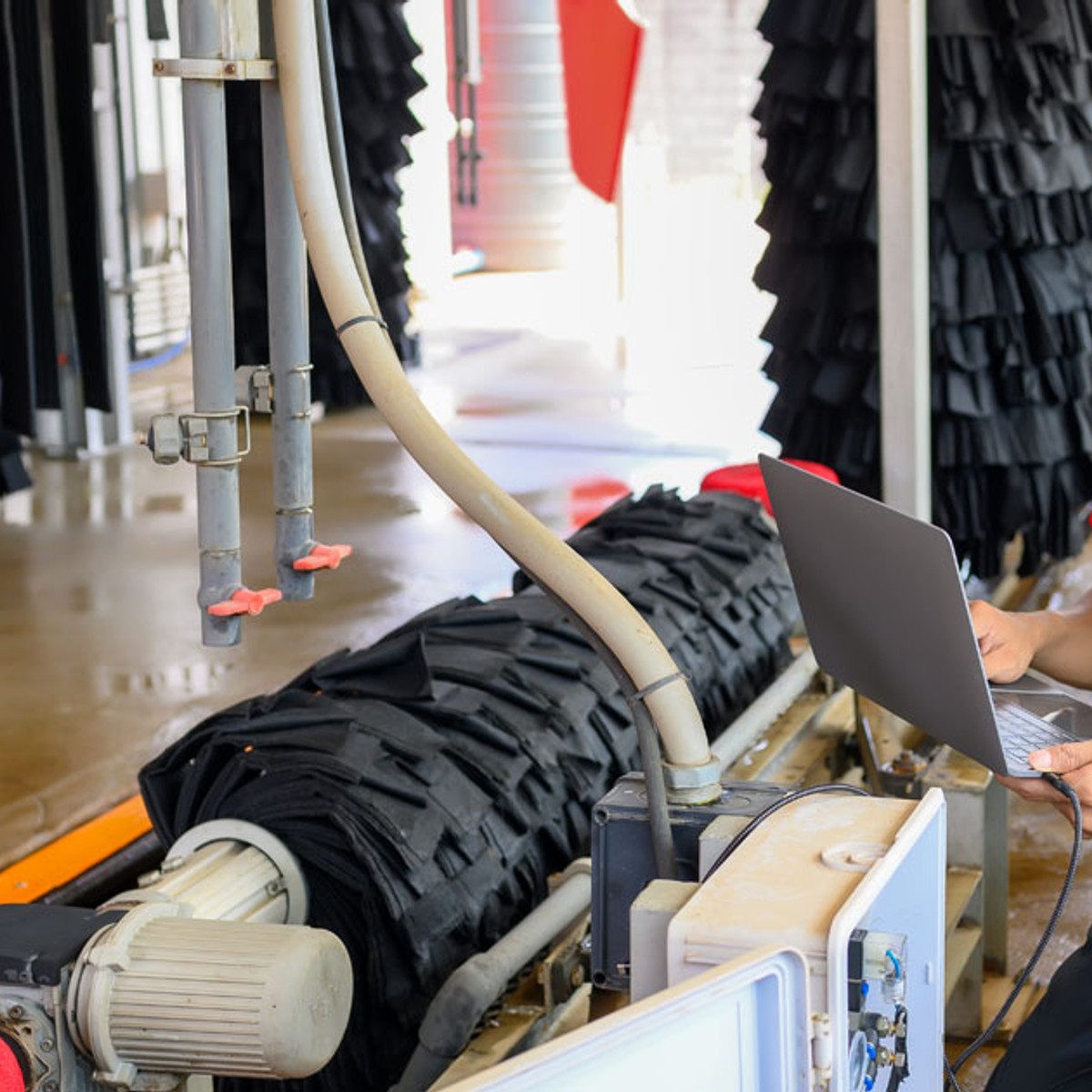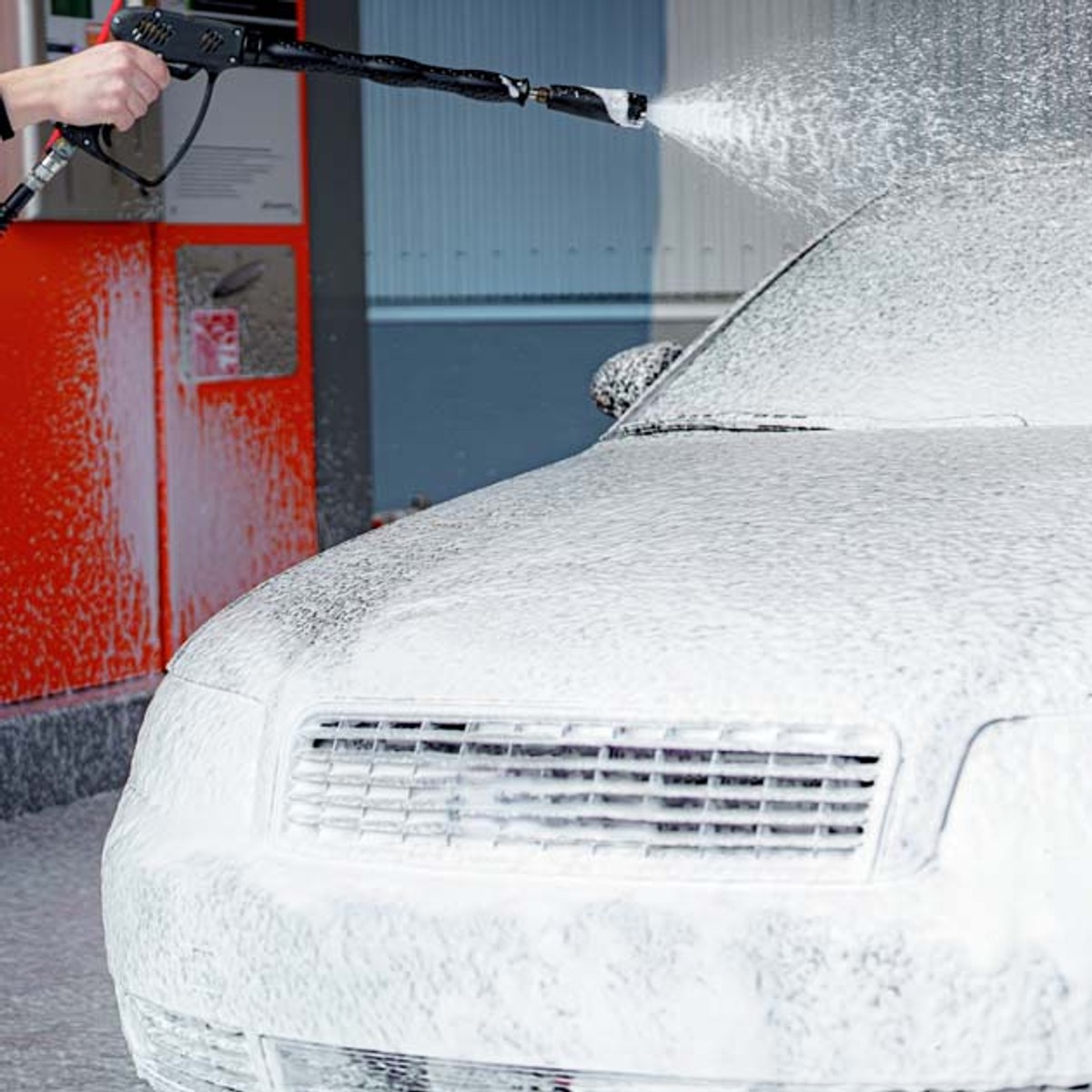A Mini Tunnel System May Be the Perfect Fit for Your Car Wash Development Parameters

By David Martin, Equipment Sales Manager-Southeast, Howco Inc.
Sometimes initial car wash development goals meet challenges that require adaptation. And sometimes owners who would normally eye a full-length tunnel or in-bay automatic operation instead are targeting another option that better fits their budget, car wash lot size, geographic location, or projected revenue. Lately, many operators are astutely shifting their car wash visions to a mini tunnel car wash system.
Mini tunnels are typically 40 to 75 feet long and offer the same function as larger tunnels in a more compact, less expensive, yet still efficient model.
One of the driving factors in the current proliferation of mini tunnels is the overall increased demand for car wash facilities by operators and customers and the flexibility of the mini tunnel car wash system. In general, the demand for desirable space is increasing, and the supply is oftentimes challenging in terms of both size and price. In many markets, traditionally optimal car wash sites have become too expensive or are too small for a full-length tunnel.
Mini tunnels present the option to build a car wash with a significantly smaller investment for land, construction, and equipment than a full-length tunnel, while offering the same quality wash that satisfies customers. Mini tunnels also tend to involve less maintenance and labor, because every aspect of the wash is more compact. Some operators even forego the vacuum and/or wipe-down areas to best fit mini tunnels on smaller lots.
Beyond size and cost savings, an additional benefit of mini tunnels is serving untapped markets, such as semi-rural locations that don’t have high population density, or urban areas with super-density but few real estate options. Mini tunnels provide a more palatable ROI because the investment is less.
The car wash setup and corresponding customer experience for mini tunnels is the same as full-size tunnels in the areas of point-of-sale/pay stations; reclaim systems; foam/chemical packages and management; arches; mitters; tire brushes; blowers; lights; and car cleanliness. The length of the mini tunnel dictates the number of washing and drying components installed. An estimate of the equipment savings with a mini tunnel is up to 30% of the cost of a full-length tunnel system and even more if a vacuum package is omitted.
To achieve a satisfactory car wash in a shorter tunnel with less equipment, mini tunnel chain speeds can be adjusted so that vehicles spend more time in the friction and chemicals stages of the wash. Mini tunnel throughput is therefore less than that of a full tunnel, but with attentive monitoring and adjustments, most mini tunnels can handle up to 50 cars per hour. So, while a mini tunnel cannot produce the volume that a much larger tunnel can, it can still achieve a desirable ROI because of the reduced investment in land, building, and equipment.
Some convenience stores, gas stations, and quick lubes have found it beneficial to add mini tunnels or convert their in-bay automatics to mini tunnels to increase their volume and enhance their offerings and revenue.
Howco handled a conversion for Kannapolis Auto Spa in Kannapolis, NC, from a double in-bay automatic wash to a mini tunnel. Proprietor Brett Hart offered his thoughts on the transformation.
“Our mini tunnel cleans just as well as, if not better, than our full-length tunnel at our other nearby car wash location. Even though the mini is geared for a lower cars-per-hour speed, we are getting great results. Our compact building is 40 feet long inside the tunnel, with a 60-foot conveyor that extends past the end of the tunnel. Our record for cars washed is 52 cars per hour with our most experienced crew handling the conveyor loading and overseeing the wash process. I’m not eager to have a faster chain speed than that, due to mini tunnel equipment needing to produce maximum effort because there is less of it.
“Other advantages of our mini tunnel include the facility having a smaller footprint, which translates to less maintenance and lower labor costs,” continued Hart. “We can run this wash with just three employees on our busiest days, or one or two on slower days.
“The mini tunnel is perfect for smaller markets, because the reduced investment allows operators to offer a great wash without needing a large lot, facility, and equipment package. It is a great fit for Kannapolis Auto Spa.”
Contact Howco to learn more about how we can design, build, and/or convert to an optimal car wash operation that best aligns with your lot, location, and budget parameters.
Related Resources
What are you waiting for?
Take the first step toward your business goals and reach out today. Our team is ready to get started when you are.


